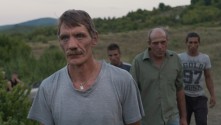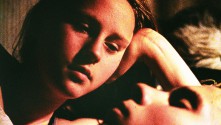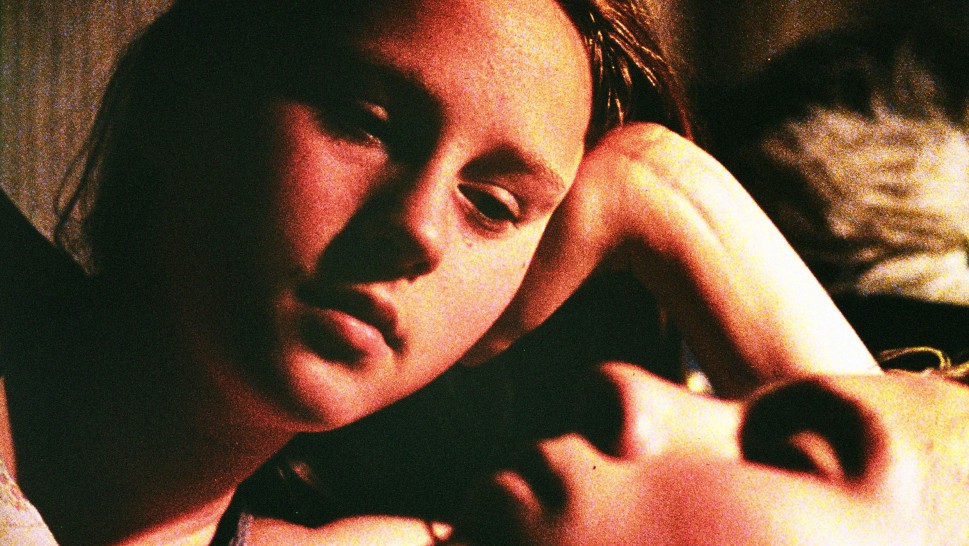
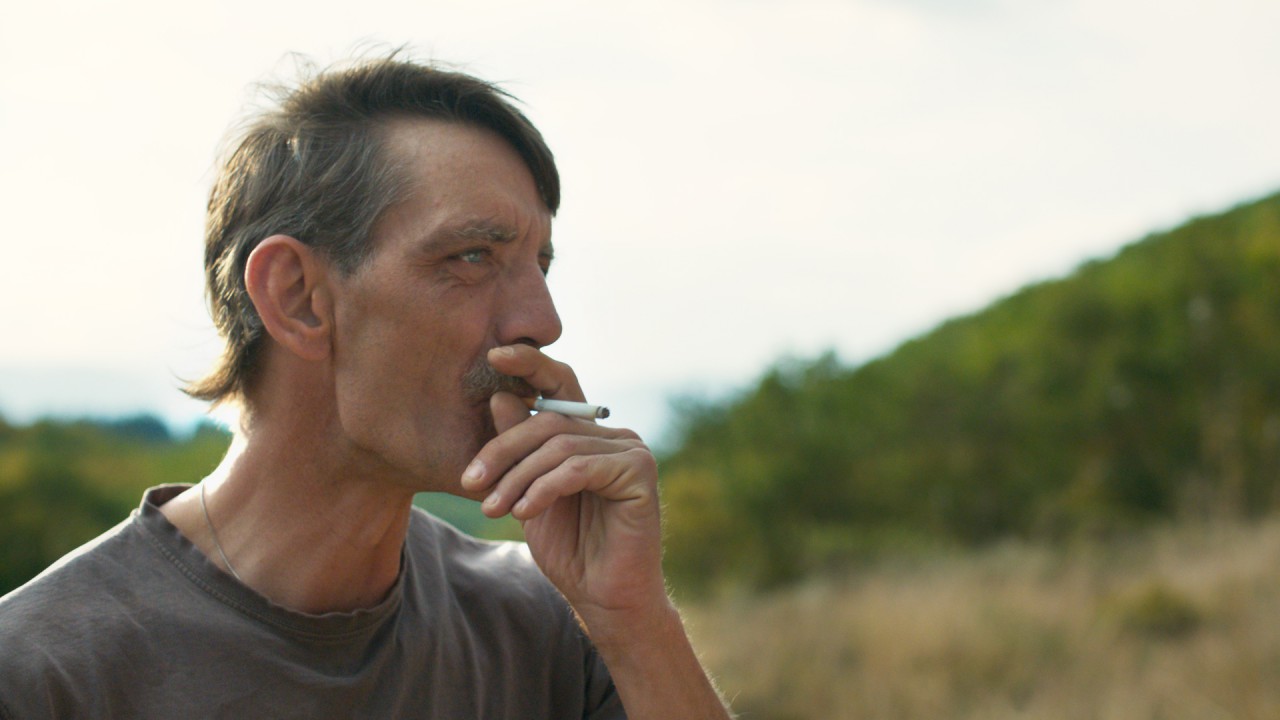
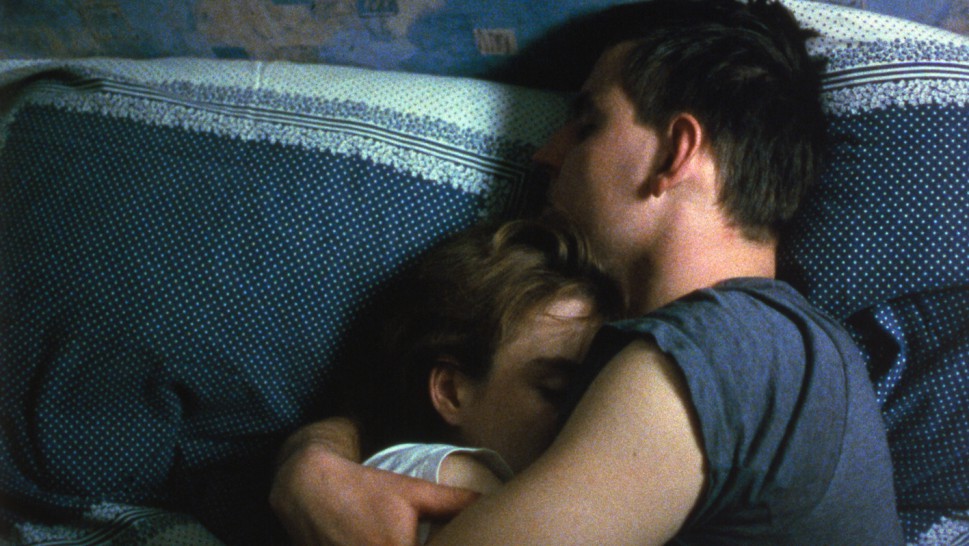
On Performance, and Other Cultural Rituals. Three Films by Valeska Grisebach
Although Valeska Grisebach (b. 1968) remains, internationally, one of the lesser-known filmmakers associated with the celebrated Berlin School, she has recently begun to be recognized as an innovative and alternate voice of that loosely defined yet useful film-critics-invented category. Together, Grisebach’s three films to date vigorously renew the promise of the early Berlin School films of Arslan, Petzold and Schanelec to define a critically engaged national cinema able to rigorously debate the vexing question of German-ness and able, moreover, to scrutinize the stakes and means of a national cinema itself. With her breakthrough feature Longing, Grisebach proved herself fully up to this task with a remarkable documentary-style portrait of tragic love in a small town that reoriented the general style and approach shared by many of the Berlin School filmmakers. In Longing, Grisebach specifically challenged the realist ideal grounding the Berlin School with an enigmatic coda that rendered the film’s veracity and meaning richly ambiguous. As in her debut film Be My Star, for Longing Grisebach again cast local non-actors through a process of extended interviews that she calls “radical observation”—embedding herself within the community in order to channel the shared language, hopes and imagination into a deeper sense of place.
Grisebach’s third film, Western, seems at first to move in an alternate direction from her previous work by openly engaging the language and legacy of a genre most closely associated with classical Hollywood. Yet Western can also be seen as an unexpected return to a recurrent concern across Berlin School films for the lingering ghosts of the East, although now displaced to farther Eastern Europe, to a remote Bulgarian village near the Greek border. As much an “Eastern” as a Western, Grisebach’s new film bends Hollywood’s most traditional and pliant genre in ways that recall the stylish neo-thrillers of Petzold—simultaneously embracing and keeping at a careful distance the recognized narrative tropes and expectations at the heart of genre cinema. In Western and Grisebach’s earlier films, a sharp, jump-cutting montage style inspires a subtle confusion of action and place, partially obscuring causality and continuity in ways that cut against the grain of the Western as an action genre. Despite their surface documentary-inspired tone and appearance, and most especially despite their notable use of non-actors, Grisebach’s films together define not an observational but rather an intellectual cinema, grounded in the same strong commitment to question both cinematic realism and illusionism as her Berlin School colleagues.
The Harvard Film Archive is thrilled to welcome Valeska Grisebach for an extended visit to present and discuss her work and also to meet with undergraduate and graduate filmmaking students. Grisebach comes to Harvard as a 2018 Baby Jane Holzer Visiting Artist in Film. – Haden Guest
